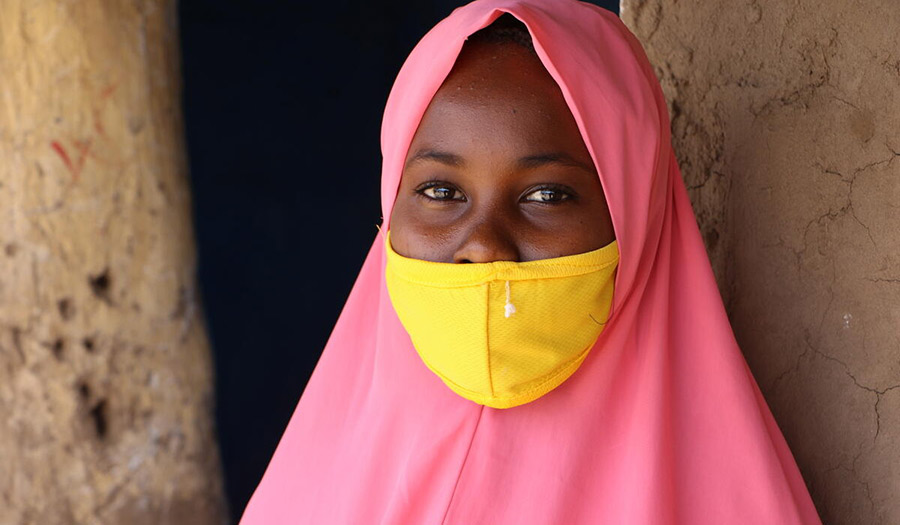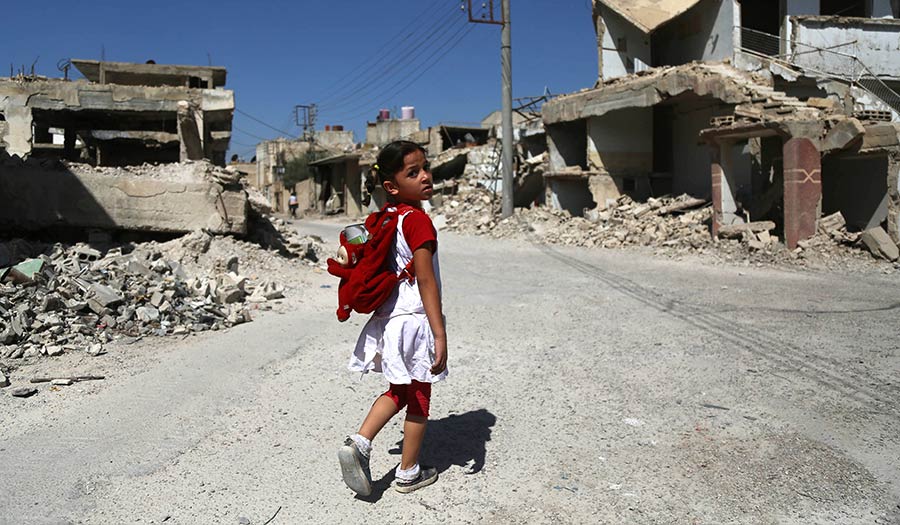 Reuters
Reuters
World News Desk
Learn the why behind the headlines.
Subscribe to the Real Truth for FREE news and analysis.
Subscribe NowNEW YORK (Thomson Reuters Foundation) – The coronavirus pandemic has put millions of children at risk of being pushed into underage labor, reversing two decades of work to combat the practice and potentially marking the first rise in child labor since 2000, the United Nations warned.
As the pandemic pummels the global economy, pushing millions of people into poverty, families may be under pressure to put their children to work for survival, the UN said, marking the World Day Against Child Labor on June 12.
“As the pandemic wreaks havoc on family incomes, without support, many could resort to child labour,” said Guy Ryder, director-general of the International Labour Organization (ILO), a UN agency, in a statement.
“Social protection is vital in times of crisis, as it provides assistance to those who are most vulnerable.”
Due to global shutdowns, the world economy is forecast to shrink 3.2 percent this year, according to a Reuters poll of more than 250 economists.
Forecasts for global economic growth had tended to range from 2.3 percent to 3.6 percent before the pandemic struck.
Advocates also warn that children are susceptible to being put to work while schools are closed in the effort to stop the spread of coronavirus.
“As poverty rises, schools close and the availability of social services decreases, more children are pushed into the workforce,” said Henrietta Fore, executive director of UNICEF, the UN children’s agency.
A nonprofit group in Ethiopia launched a novel way to keep thousands of children reading while school was out of session—deploying camels carrying wooden boxes filled with storybooks.
Ethiopia closed its schools in mid-March and sent more than 26 million children home, where experts say they are at greater risk from forced labor and child marriage.
But in the country’s eastern Somali region, more than 20 camels have been deployed to carry wooden boxes filled with storybooks to help thousands of children in remote villages to continue their education.
“The scale of this crisis is huge, but we are determined to meet the needs of the most vulnerable and ensure no child is worse off at the end of this pandemic,” said Ekin Ogutogullari, country director for Save the Children, the charity behind the scheme.
“We are ensuring that children still continue to read and learn, despite the fact that they are out of school,” he told the Thomson Reuters Foundation.
Save the Children launched the mobile camel libraries a decade ago and has helped more than 22,000 children in 33 villages to get access to education during the pandemic.
Community volunteers travel around villages with the camels, carrying boxes of books and a tent to set up a temporary library that stays in each village for two and a half days before moving on.
Last month, the charity surveyed 30 Ethiopian children about their concerns over the coronavirus, finding they were worried about the economic pressure on their families and about rises in early marriage and child labor.
One child from the Somali region, where people are already grappling with droughts, floods, disease outbreaks and invasions of desert locusts, said many minors were having to work as herders or collect firewood while out of school.
Almost 16 million children ages 5 through 17 are engaged in child labor in Ethiopia, according to a national survey published in 2018.
Joan Nyanyuki, executive director of the Ethiopia-based African Child Policy Forum, a research institution, said the role of schools was to protect as well as educate children.
“But now with schools closed, children are shut off completely from different benefits of the educational system,” she said.
“[They] are more prone to violence, abuse, and even at risk of missing meals, which could result in malnutrition and hunger.”
- Real Truth Magazine Articles
- EDUCATION
 Education Lost – The Fight to Keep Teaching
Education Lost – The Fight to Keep Teaching
More on Related Topics:
- In a Nigerian Village, Extremists Issued a Call to Prayer and Then Slaughtered Those Who Turned Up
- Sudanese Paramilitary Force Abducting Children in Darfur, Witnesses Say
- Nigeria’s Northeast Faces Worst Hunger in a Decade as Aid Cuts Hit Region, UN Says
- Uganda Shuts Down Internet Ahead of Election, Orders Rights Groups to Halt Work
- Sudan’s Top General Rejects U.S.-Led Ceasefire Proposal, Calling It ‘The Worst Yet’


